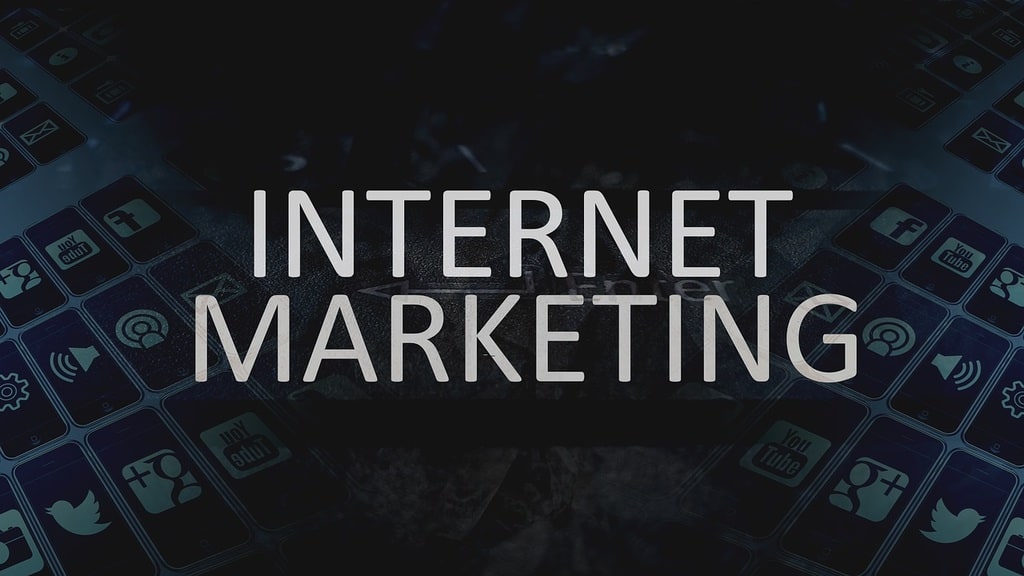The landscape of digital marketing is continuously evolving, driven by rapid advancements in technology and shifts in consumer behavior. As businesses strive to capture the attention of their target audiences, innovative strategies are being developed to enhance engagement, personalization, and overall effectiveness. This article explores the latest trends and innovations that are shaping the future of digital marketing.
Emerging Trends in Digital Marketing Innovations
One of the most significant innovations in digital marketing is the use of artificial intelligence (AI). AI has revolutionized how marketers analyze data, understand customer preferences, and deliver personalized experiences. By leveraging AI, businesses can automate tasks, predict consumer behavior, and optimize their marketing efforts more efficiently than ever before.
Another groundbreaking development is the rise of chatbots and conversational marketing. Chatbots use natural language processing to engage with customers in real-time, providing instant responses to inquiries and guiding users through the purchasing process. This technology not only improves customer service but also increases conversion rates by offering timely assistance.
The growth of video content is another trend that cannot be overlooked. Videos have become a powerful tool for storytelling and brand building, with platforms like YouTube, TikTok, and Instagram driving massive engagement. Live streaming, in particular, has gained popularity, allowing brands to connect with their audiences in an authentic and interactive manner.

Personalization and Customer Experience
In today’s digital age, personalization is no longer just an option; it’s a necessity. Customers expect tailored experiences that cater to their individual needs and preferences. Through data analytics and AI, marketers can now create highly personalized content and recommendations, enhancing the overall customer experience. Personalized emails, product suggestions, and targeted ads are just a few examples of how businesses are meeting these expectations.
The concept of omnichannel marketing has also gained traction, providing a seamless experience across various digital and physical touchpoints. By integrating different channels, such as social media, email, and in-store interactions, brands can deliver consistent messages and build stronger relationships with their customers.
Data Privacy and Ethical Marketing
With the increasing amount of data being collected, concerns about privacy and data security have come to the forefront. Consumers are becoming more aware of how their data is being used and are demanding greater transparency from brands. This has led to the adoption of stricter data protection regulations, such as the General Data Protection Regulation (GDPR) in Europe and the California Consumer Privacy Act (CCPA) in the United States.
In response, businesses are focusing on ethical marketing practices, ensuring that they handle customer data responsibly and transparently. By gaining consumer trust through ethical behavior, brands can foster long-term loyalty and a positive reputation.
Interactive and Immersive Experiences
Creating engaging and immersive experiences is key to capturing the attention of modern consumers. Interactive content, such as quizzes, polls, and augmented reality (AR) applications, allows users to actively participate and engage with the brand. AR, in particular, has seen widespread adoption, with applications ranging from virtual try-ons in the fashion industry to interactive product demonstrations in retail.
Voice search is another innovation that is changing the way people interact with digital content. With the increasing use of smart speakers and voice assistants like Alexa and Google Assistant, optimizing for voice search has become essential. Marketers are now focusing on creating voice-friendly content and leveraging voice search optimization to enhance visibility and reach.
Here are some key points to summarize the innovations discussed:
- Artificial intelligence: enhances data analysis, personalization, and automation.
- Chatbots and conversational marketing: improves customer engagement and conversion rates.
- Video content and live streaming: boosts storytelling and audience interaction.
- Personalization and omnichannel marketing: provides tailored experiences and consistent messaging.
- Data privacy and ethical marketing: builds consumer trust through responsible data handling.
- Interactive content and augmented reality: engages users with immersive experiences.
- Voice search optimization: adapts to the growing trend of voice-enabled devices.
The Future of Digital Marketing
As technology continues to advance, the future of digital marketing looks promising with even more innovative solutions on the horizon. The integration of AI and machine learning will further enhance personalization and predictive analytics, enabling marketers to anticipate customer needs and deliver highly relevant content.
Blockchain technology is another area to watch, offering potential solutions for data security and transparency. By decentralizing data storage and providing secure transactions, blockchain can address many of the privacy concerns that consumers have today.
Finally, the continued evolution of social media platforms and the rise of new ones will keep marketers on their toes. Staying agile and adapting to new trends will be essential for businesses looking to maintain a competitive edge in the ever-changing digital landscape.
In conclusion, the innovations in digital marketing are transforming how businesses connect with their audiences. By embracing these advancements, brands can not only enhance their marketing strategies but also build stronger, more meaningful relationships with their customers. The future of digital marketing holds endless possibilities, promising a dynamic and exciting journey ahead.
